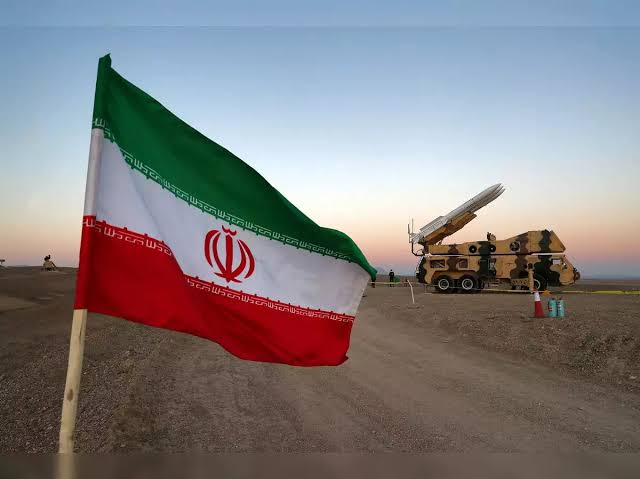
The United States is at a critical juncture. With Iran inching closer to a nuclear weapon, it is imperative that the United States and its partners are prepared. The U.S. does not want a war in the Middle East, but it also cannot afford to accept a nuclear-armed Iran, especially because the regime’s ideological nature could cause Iran’s behavior to be quite different from the behavior of other states with nuclear capabilities. A diplomatic solution is almost certainly desirable but at this juncture may not be possible. Regardless of the outcome of the November election, the United States must equip and empower its regional partners and allies to confront Iran, use its diplomatic and economic levers to put pressure on the Iranian regime, and—if necessary—develop and maintain the capabilities needed to destroy Iran’s nuclear facilities.
Iran would have to acquire a nuclear weapon if attacked by the United States or its allies, an adviser to the country's supreme leader warned on Monday, following a threat by US President Donald Trump.
The comments came after Iran's supreme leader, Ayatollah Ali Khamenei, promised to hit back if Trump carried out a threat to bomb the Islamic republic if it did not make a deal to curb its nuclear programme."We are not moving towards (nuclear) weapons, but if you do something wrong in the Iranian nuclear issue, you will force Iran to move towards that because it has to defend itself," Khamenei's adviser Ali Larijani told state TV.
"Iran does not want to do this, but ... (it) will have no choice," he added.
"If at some point you (the US) move towards bombing by yourself or through Israel, you will force Iran to make a different decision."
Trump said on Saturday "there will be bombing" if Iran did not agree a nuclear deal, according to NBC News, which said he also threatened to punish Tehran with what he called "secondary tariffs".
"They threaten to do mischief," Khamenei said of the remarks during a speech for the holiday marking the end of the Muslim fasting month of Ramadan.
"If it is carried out, they will definitely receive a strong counterattack."
The message was sent to the UN Security Council in a letter by Iran's UN ambassador Amir Saeid Iravani which condemned what he called "warmongering provocations".
Iran "will respond swiftly and decisively to any act of aggression or attack by the United States or its proxy, the Israeli regime", the envoy added.
According to NBC, Trump said US and Iranian officials were "talking", but he did not give details.
President Masoud Pezeshkian on Sunday said Khamenei, who as supreme leader has the final say in major state policies, had permitted indirect talks.
Oman has served as an intermediary in the past, in the absence of US-Iranian diplomatic relations severed after the 1979 Islamic revolution.